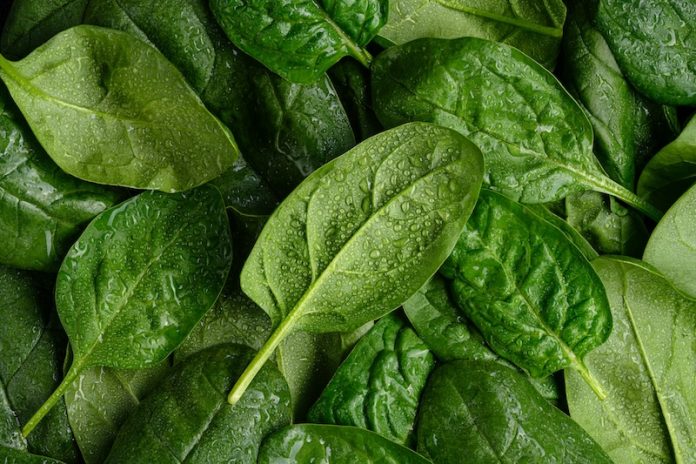
Heart disease remains the number one cause of death around the world, claiming nearly 18 million lives each year. While this alarming number is influenced by many factors—including poor diet, lack of exercise, and family history—new research from Edith Cowan University suggests there’s a surprisingly simple way to reduce the risk: eat more nitrate-rich vegetables.
The study shows that eating just one cup of these vegetables every day can lead to big improvements in heart health. Nitrates are natural substances found in certain vegetables that help widen blood vessels and lower blood pressure. These effects make it easier for blood to flow, reducing strain on the heart and lowering the risk of heart-related conditions.
Some of the best sources of nitrates include beetroots, leafy greens like spinach, kale, and arugula, as well as celery, radishes, and turnips. These vegetables are easy to find in grocery stores and markets, and they can be used in a variety of dishes—raw in salads, cooked in stir-fries, or blended into smoothies.
The research team studied over 50,000 people in Denmark as part of the Danish Diet, Cancer, and Health Study. These participants were followed for 23 years, making it one of the most in-depth studies on diet and heart health. Those who ate the most nitrate-rich vegetables had noticeably better heart health than those who ate fewer.
The benefits were clear. People who included these vegetables in their daily meals had systolic blood pressure that was, on average, 2.5 mmHg lower than others. Even more impressively, they saw their risk of developing heart disease drop by 12% to 26%.
One of the most striking findings was a 26% lower risk of peripheral artery disease—a condition where narrowed arteries reduce blood flow to the legs. Other conditions, such as heart attacks, strokes, and heart failure, were also less common in people who regularly ate nitrate-rich vegetables.
Dr. Catherine Bondonno, who led the study, says the optimal amount is just one cup of raw or half a cup of cooked nitrate-rich vegetables each day. Surprisingly, eating more than this did not result in extra benefits, meaning a moderate amount is all that’s needed to make a difference.
In practical terms, adding these vegetables to your diet is easy. For example, tossing a handful of spinach into a fruit smoothie is a quick and tasty way to boost your nitrate intake. This small daily habit could make a meaningful difference to your long-term heart health—without the need for supplements or complicated diets.
The study, published in the European Journal of Epidemiology, provides strong evidence that a simple dietary change can help prevent serious health problems. As heart disease continues to be a leading cause of death, this research offers a hopeful and accessible solution.
This study adds to the growing body of evidence showing that diet plays a powerful role in preventing heart disease. Unlike medications or surgical procedures, this approach is natural, low-cost, and easy to implement. The fact that only a moderate amount of nitrate-rich vegetables is needed for heart health benefits makes this strategy even more appealing.
What sets this research apart is its scale and duration—tracking over 50,000 people for more than two decades—and the clear link it draws between a specific food group and heart disease prevention. The consistency of the results across different cardiovascular conditions further strengthens the case.
For anyone looking to improve their heart health, the message is simple: adding just one cup of nitrate-rich vegetables a day to your diet could be a life-saving habit. As the world continues to search for ways to fight chronic diseases, this study offers a practical, everyday solution with the potential to save millions of lives.
If you care about heart health, please read studies about how eating eggs can help reduce heart disease risk, and Vitamin K2 could help reduce heart disease risk.
For more information about heart health, please see recent studies about how to remove plaques that cause heart attacks, and results showing a new way to prevent heart attacks, strokes.
Copyright © 2025 Knowridge Science Report. All rights reserved.



